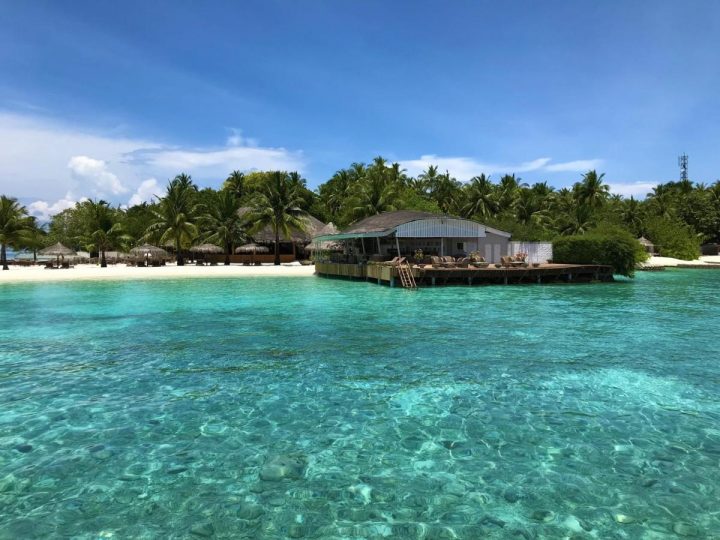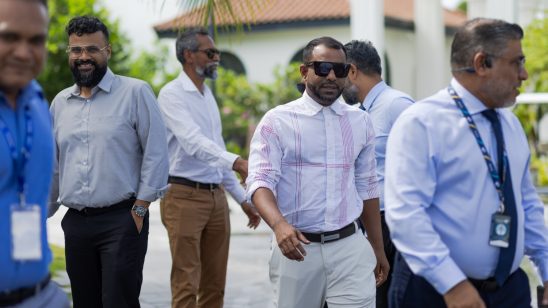
Embracing sustainable tourism in Maldives: A call to action
On this World Tourism Day, it’s crucial to evaluate the future of tourism in the Maldives, a paradise known for its breathtaking waters and rich marine biodiversity. The sustainability of this industry is at a crossroads, demanding urgent attention to environmental issues that threaten both the ecosystem and the livelihoods of those who depend on it. To ensure a thriving tourism sector, we must prioritise environmental sustainability and address key challenges head-on.
The Urgency of Environmental Protection
The Maldives is acutely affected by climate change, facing rising sea levels and extreme weather events that jeopardise its delicate ecosystems. Coral reefs, vital not only for marine life but also for tourism, are suffering from coral bleaching. Only this year itself we 40% of coral reef has gone complete bleaching. This phenomenon, largely caused by elevated ocean temperatures and pollution, poses a significant threat to the very attractions that draw tourists from around the globe. Protecting these ecosystems is essential for both environmental health and the longevity of the tourism sector. The most recent government has initiated a few commercial projects without completing Environmental Impact Assessments (EIAs), which will adversely affect our ecosystems. The majority of resorts and local islands do not have proper waste management systems, while some resort owners and government officials focus on recreational facilities such as building football grounds. This a sad truth.
Addressing Food Security
Tourism in the Maldives creates a surge in demand for food, quality and quantity. often leading to overfishing and unsustainable agricultural practices. This not only endangers local fish populations but also compromises food security for Maldivians. By promoting the use of locally sourced ingredients and sustainable fishing methods, we can support local economies while ensuring that our natural resources are not depleted. Moreover, this approach enhances the authenticity of the visitor experience, allowing tourists to enjoy the true flavours of the Maldives.
The Impact of Development
While commercial development is necessary to accommodate tourism, it often comes at a significant environmental cost. Activities such as harbour construction and coastal development can lead to habitat destruction and negatively impact marine ecosystems. To navigate this challenge, it is vital to adopt eco-friendly practices in all commercial endeavours. Enforcing strict environmental regulations and advocating for green building techniques can help mitigate the ecological impact of tourism-related infrastructure.
Implementing Mitigation Strategies
To combat these pressing challenges, we need robust environmental mitigation strategies. Investing in renewable energy, implementing effective waste management systems, and designating marine protected areas are essential steps toward sustainability. By establishing regions where fishing and tourism activities are carefully regulated, we can help restore marine habitats and promote biodiversity.
Raising awareness among both tourists and local communities about the importance of sustainable practices is equally vital. Educating stakeholders can cultivate a culture of environmental stewardship, empowering locals to innovate solutions that benefit both the ecosystem and the economy.
Note: Shameem Mohamed serves as the General Manager at Nika Island Maldives.






